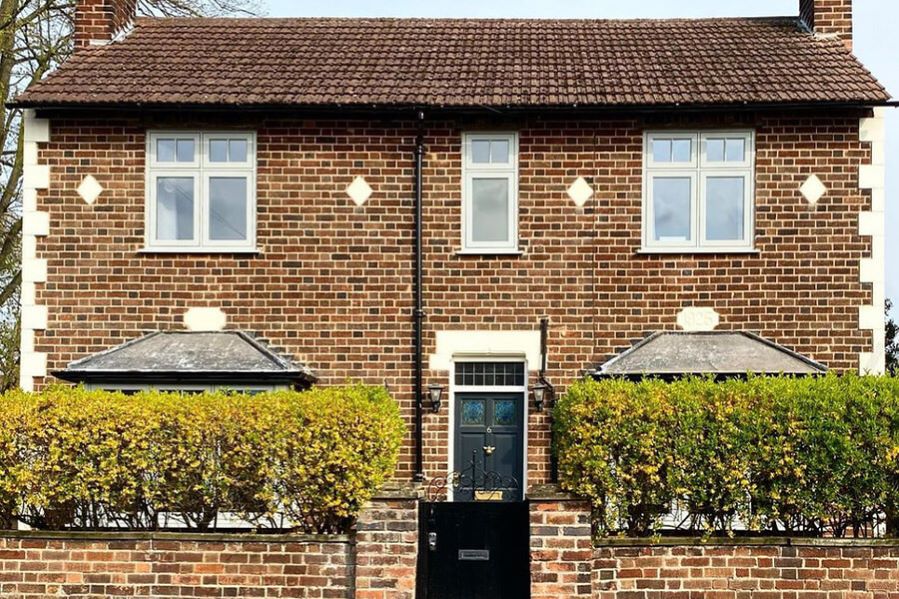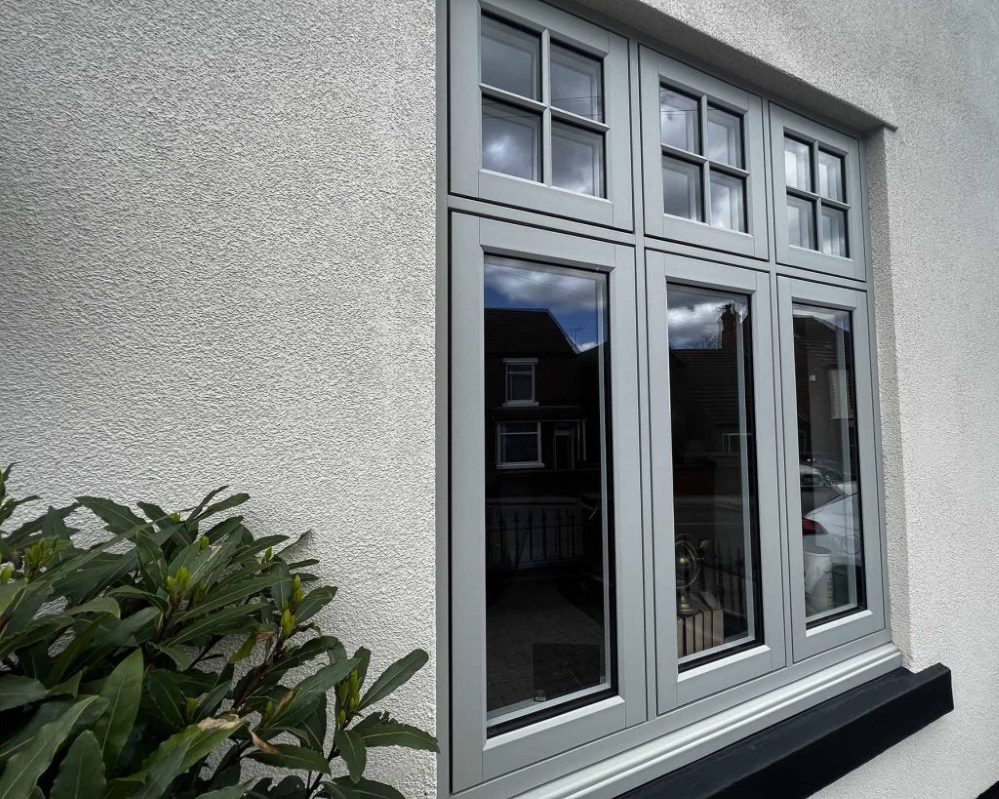
Today, we live in a world of noise. The hum of constant traffic, the roar of aircraft overhead, neighbours playing music at all hours, phones bleeping – wherever we go, it seems, there is no escape from sound of one description or another.
‘Noise pollution’ is the term for all this din, and according to various sources (including the World Health Organisation) can cause physical, psychological and sleep disorders. The pandemic gave us temporary relief from a lot of noise pollution, but now it is back with a vengeance.
If you live on or near a busy road or close to an airport or shops, you’ll know exactly how noise pollution can interfere with day-to-day living, to the extent that you often feel as though you’re being driven mad. Of course, we can and do get used to increased levels of noise but that doesn’t mean we aren’t affected by it in some way.
However, for those in the know, there is solution that goes a considerable way to bringing some relief. A major trend in contemporary home design is to have bigger windows, allowing natural light to flood in while retaining warmth and saving on energy bills. That said, normal glass isn’t the best at insulating us from unwanted noise – which is why technology has helped to develop acoustic glass that can help to lower the volume of external noise considerably.
What is acoustic glass?
Geberally speaking, acoustic glazing comprises two panels of glass laminated with polyvinal butyral (PVB). This is a resin that forms a strong bond and is commonly used on safety glass and vehicle windscreens. In a domestic setting, it will reduce noise levels considerably without interfering with the amount or quality of light coming through the window, making it perfect for properties close to various sources of noise pollution.
The benefits of acoustic glass
A laminated glass layer will reflect any noise back to its source, as well as absorbing the sound energy in the glass. As well as keeping man-made noise at bay, acoustic glass also reduces the sound made by rain hitting it, especially when it is used in overhead and roof glazing. Another benefit of this type of glazing is that it will improve security considerably, as the PVB application increases the strength of the glass. Finally, acoustic windows reduce the amount of heat escaping through the window, helping to lower your bills.

Is acoustic glass worth it?
If you live in a quiet country area, away from main roads and with little traffic noise, regular double glazing will probably be sufficient to keep out any extraneous noise. But if you’re a town or city dweller and your peace and quiet is being disrupted by traffic or general street noise, acoustic glass is an excellent option. The benefits are many, not least on your quality of life, and you’ll notice that you sleep better, are more relaxed and have improved energy levels.
What are the features of our glass at The Nottingham Window Company?
At The Nottingham Window Company, our high quality windows and doors are all fitted with high-performance Planitherm glass, available in three different options including Energy Standard, Comfort and Comfort Plus.
Our Energy Standard glass uses a special clear coating that allows more natural light and heat into the room, capturing the warmth from natural daylight. Comfort glass has all the benefits and features of Energy Standard glass but with an additional built-in transparent layer that makes it much tougher to break than standard, unlaminated glass. Features of Comfort Plus include energy efficiency, enhanced security, noise reduction, furniture fade protection and reduction of overheating.
For more information about acoustic glass and noise reduction benefits, contact us here or give us a call on 0115 866 0066.
